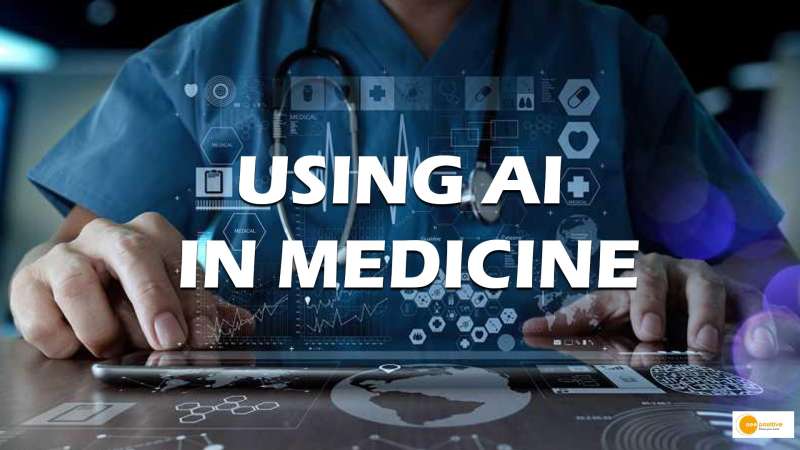

However good AI may be, it cannot work independently, we will always need human doctors to diagnose and treat patients. However, the emergence of AI in medicine is proving rapidly helpful in many ways.
We do not have enough doctors. We never really had. So while all the other sectors are increasingly worried about losing their jobs, the medical sector is actively looking for ways to incorporate AI in order to decrease their workload. There have been a plethora of studies getting done where the efficient and effective use of AI in the medical field is getting explored.
Dr. Yogesh Kumar and his team did a literature review (Published in January 2022) to study the effectiveness of AI in the diagnosis of diseases. The results of this study show the importance of using AI in the healthcare system, especially for sickness detection.
What can Artificial Intelligence do?
Deep learning, neural networks, analytics, data, and insights make up the wide and varied field of artificial intelligence (AI), which is continually growing and changing to meet the demands of the healthcare sector and its clients. This continuous evolution helps AI to be updated with the latest proven research in the field of medicine without the bias that doctors can fall into.
Doctors are still definitely a very important part of the medical field, especially since no matter how many ethics we teach AI it would not be able to adjust as fast as humans do. But artificial intelligence can definitely help us deal with a lot of existing problems in the medical field.
The Doctor Shortage
As of right now, most doctors are extremely grateful that they will have fewer patients to deal with. There are only 2.64 doctors for every thousand people in a developed country like the USA, and the conditions in developing countries are significantly worse. During the COVID-19 pandemic, these problems became even more glaringly obvious.
Using AI for even diagnosis right now would decrease the workload of doctors in large amounts, democratizing medical treatments and health in general.
While AI is yet to be advanced enough to be used for the treatment of diseases as well, it can greatly help reduce the amount of work for things such as the production of pharmaceuticals and other important equipment that are necessary to two humans like prosthetics, dentures, and monitoring devices.
Misdiagnosis
AI can help decrease the number of misdiagnoses from doctors, just by being more objective as compared to them. Doctors are at times guided by biases, as much as they try not to be driven by them, however, the data set of AI ensures that proper data sets are used to decide which disease the patient is most likely to be suffering from.
So while attack doctors can suffer from availability bias and might misdiagnose patients with the latest disease they have read about instead of more common diseases, yeah is very much likely to not make the same mistake.
Increase Diagnostic Speed
Using AI in the medical field can improve the speed at which diseases are diagnosed by doctors, which can in turn lessen the severity by which the patient will have to suffer through and decrease patient mortality. Doctors will not have to look through multiple prior researches done on the disease, but instead only have to ask AI for the most probable outcome, the research time can instead then be used to treat more patients.


